Table of Contents
Introduction to Black Pepper Substitutes
Black pepper is a kitchen essential, but when you run out or need an alternative, knowing effective substitutes can save your dish. This guide covers the top alternatives with precise substitution ratios, flavor profiles, and expert usage tips to replace black pepper instantly.
| Substitute | Flavor Profile | Best For | Substitution Ratio | Key Use Cases |
|---|---|---|---|---|
| White Pepper | Mild, earthy, slightly sweet | Creamy sauces, light-colored dishes | 1:1 ratio | Mashed potatoes, seafood, white sauces |
| Szechuan Peppercorns | Citrusy, numbing, spicy | Exotic Asian dishes | 1:2 ratio (use half) | Hot pots, Szechuan cuisine, grilled meats |
| Crushed Red Pepper Flakes | Spicy, smoky | Heat-focused dishes | 1:1.5 ratio (use 2/3) | Pizza, chili, tacos, pasta |
| Ground Cumin | Earthy, warm, slightly sweet | Mexican/Indian cuisine | 1:2 ratio (use half) | Curries, stews, rice dishes |
| Mustard Seeds | Tangy, sharp, slightly bitter | Acidic preparations | 1:1 ratio (crushed) | Pickles, dressings, marinades |
Why You Might Need a Black Pepper Substitute
Common reasons to replace black pepper include:
- Running out during cooking with no time to shop
- Following dietary restrictions (e.g., low-sodium or allergy considerations)
- Seeking unique flavor twists for creative recipes
- Need for visually consistent dishes (e.g., white sauces where black specks are undesirable)
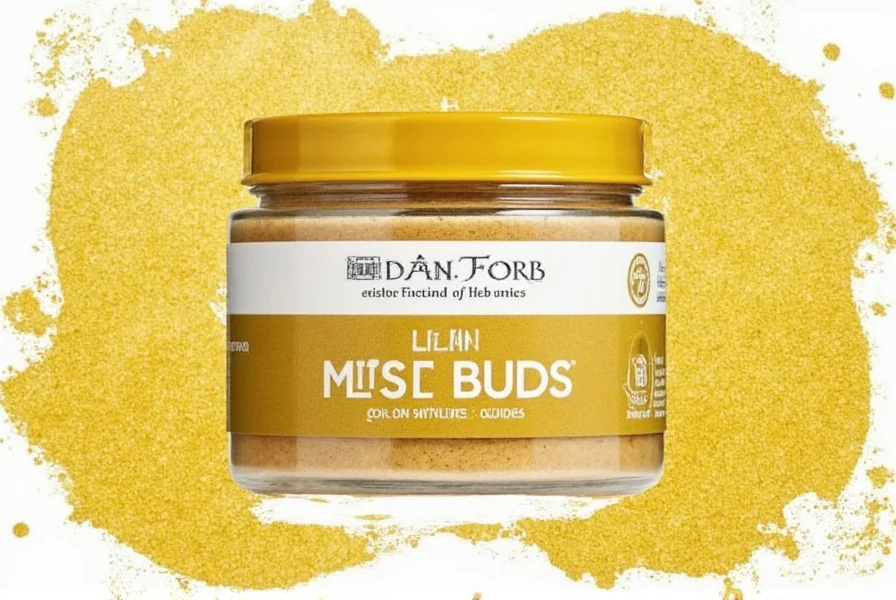
Detailed Guide to Each Substitute
1. White Pepper
White pepper is the closest substitute for black pepper, made from the same berries but with the outer layer removed. It delivers similar piperine-based heat with a milder, earthier profile. Use it in a 1:1 ratio for dishes where appearance matters, like creamy sauces or mashed potatoes. Avoid using in recipes requiring black pepper's complex terpene notes.
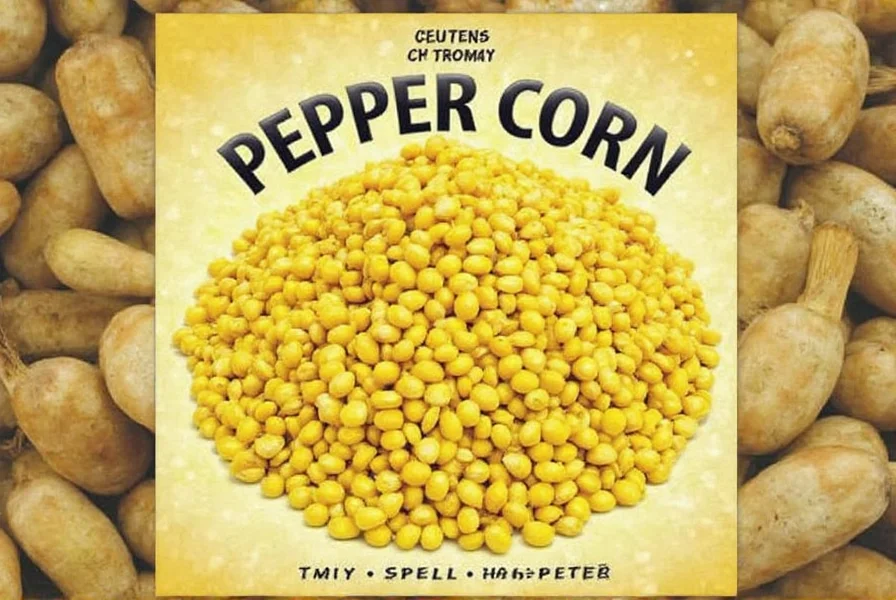
2. Szechuan Peppercorns
These provide a unique tingling sensation from hydroxy-alpha-sanshool compounds. Use half the amount of black pepper called for, as they're significantly more potent. Ideal for Chinese cuisine, but avoid in dishes where numbing effects would clash with other flavors.
3. Crushed Red Pepper Flakes
For heat-focused recipes, use 2/3 the amount of red pepper flakes compared to black pepper. They add smoky depth but lack black pepper's complexity. Best for spicy dishes like chili or pizza where extra heat is welcome.
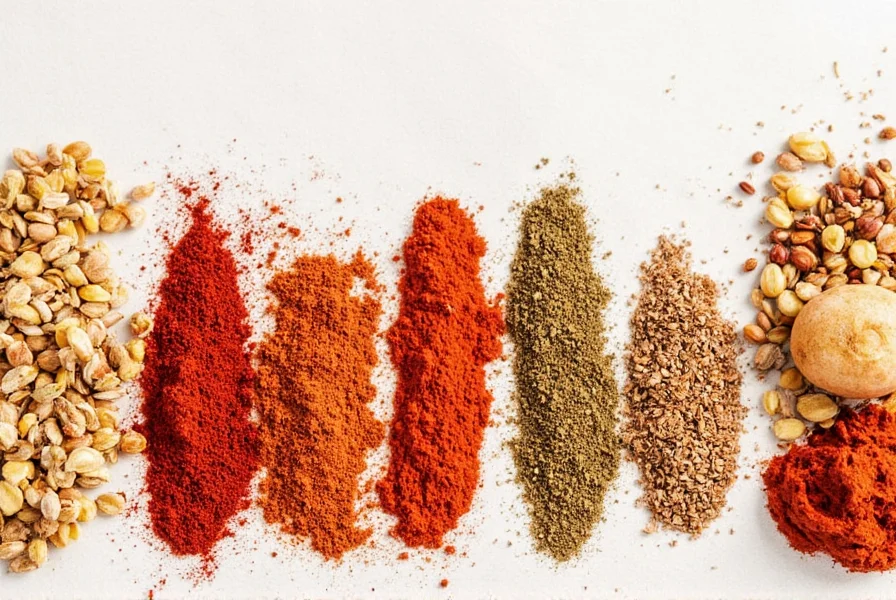
4. Ground Cumin
Use half the amount of cumin for black pepper in Mexican or Indian recipes. It adds earthy warmth but lacks heat. Combine with a pinch of allspice to mimic black pepper's complexity in spice blends.
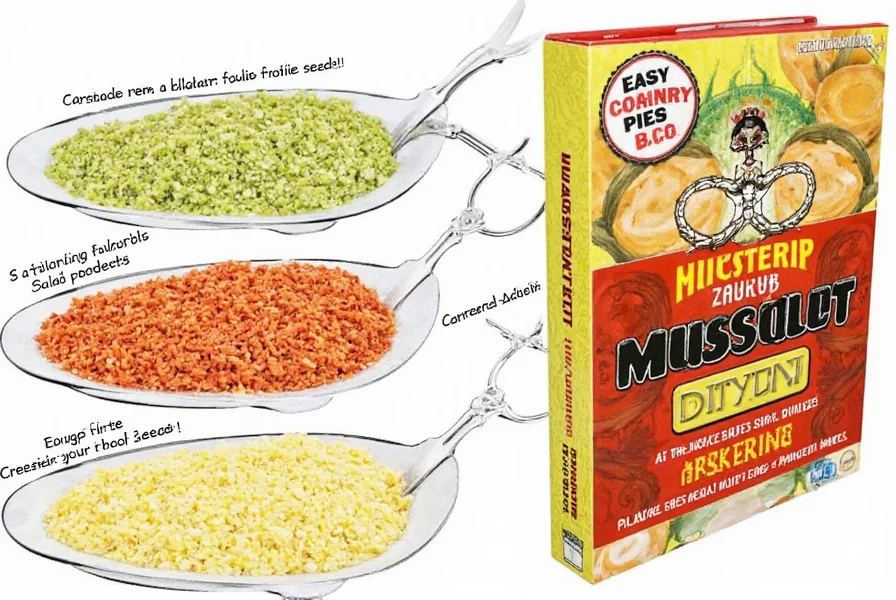
5. Mustard Seeds
Crush whole mustard seeds for a tangy alternative. Use a 1:1 ratio in pickling brines or dressings. They provide sharp acidity rather than heat, making them ideal for vinaigrettes and marinades.
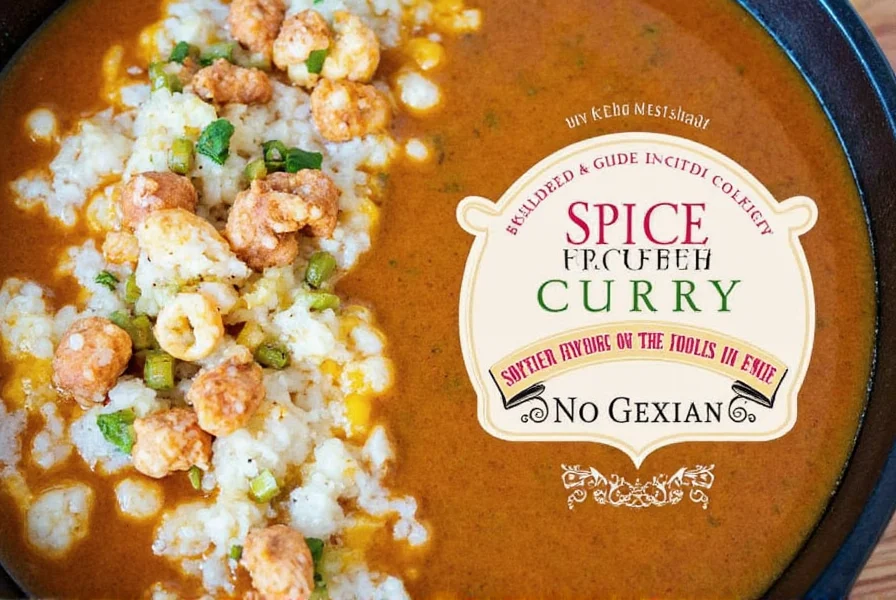
How to Use Black Pepper Substitutes in Cooking
- Start small: Always begin with 50-75% of the recommended ratio and adjust to taste
- Match the dish: Use white pepper for light-colored sauces, Szechuan for bold Asian dishes, and mustard seeds for acidic preparations
- Combine substitutes: For complex recipes, mix cumin (1/3) + white pepper (2/3) to replicate black pepper's depth
- Storage matters: Keep substitutes in airtight containers away from light to preserve potency
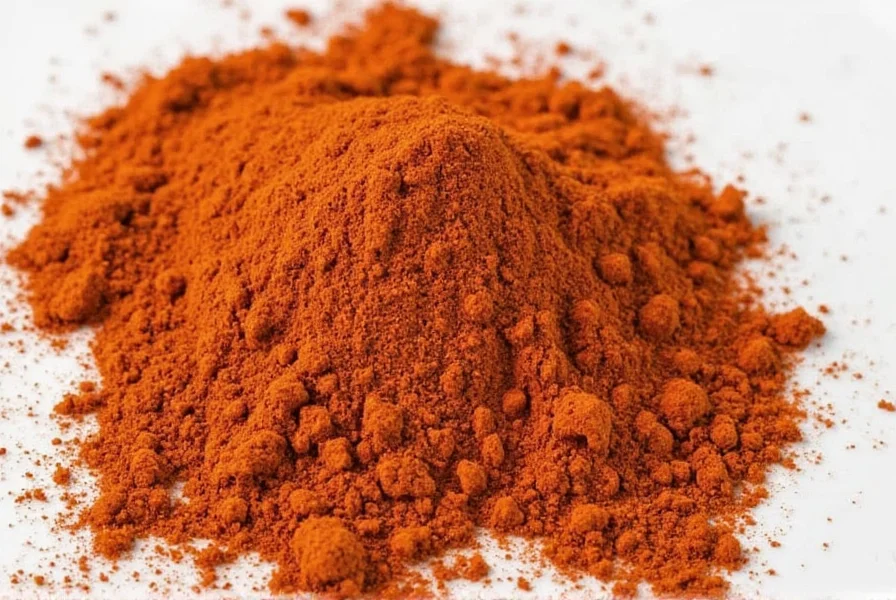
Frequently Asked Questions
What's the closest substitute for black peppercorns in cooking?
White pepper is the closest substitute, sharing the same piperine compound for heat but with a milder, earthier profile. Use a 1:1 ratio in light-colored dishes where appearance matters. For recipes needing black pepper's full complexity, add a pinch of allspice to the white pepper.
Can I use chili powder instead of black pepper?
Chili powder adds smokiness and different heat compounds, making it unsuitable as a direct substitute. If needed, use 1/4 teaspoon chili powder per teaspoon of black pepper and add 1/8 teaspoon allspice to balance flavors. Avoid in delicate dishes where chili's dominant flavor would overpower.
How much substitute should I use when replacing black pepper?
Substitution ratios vary by ingredient:
- White pepper: 1:1 ratio
- Szechuan peppercorns: 1:2 ratio (use half)
- Crushed red pepper: 1:1.5 ratio (use 2/3)
- Ground cumin: 1:2 ratio (use half)
- Mustard seeds: 1:1 ratio when crushed
Are there health considerations with black pepper substitutes?
Most substitutes are safe in culinary amounts. Szechuan peppercorns may cause temporary mouth numbness. Red pepper flakes could irritate sensitive digestive systems. For pepper allergies, white pepper is not safe (same plant), but cumin or mustard seeds are usually tolerated. Consult a doctor for severe allergies.
Can I make my own black pepper substitute blend?
Yes! Create a versatile blend with 2 parts white pepper, 1 part toasted coriander seed, and 1/2 part allspice. This mimics black pepper's complex flavor profile better than single substitutes. Store in an airtight container for up to 3 months for peak freshness.
Why does my substitute taste different than black pepper?
Black pepper's unique flavor comes from piperine and terpenes. Substitutes have different chemical profiles:
- White pepper lacks outer berry compounds (reduced terpenes)
- Szechuan peppercorns contain hydroxy-alpha-sanshool (causes numbing)
- Red pepper flakes add capsaicin (different heat mechanism)
Conclusion
When you need to replace black pepper, these substitutes offer precise solutions for any recipe. From white pepper's mild elegance to Szechuan's numbing intensity, each option brings unique qualities to your cooking. Remember to adjust ratios based on potency and match the substitute to your dish's flavor profile for best results.










 浙公网安备
33010002000092号
浙公网安备
33010002000092号 浙B2-20120091-4
浙B2-20120091-4